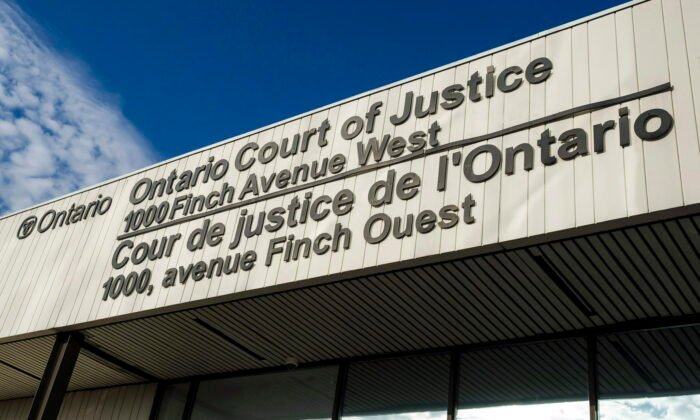Court Rules in Favor of ‘Lost Canadians,’ Strikes Down Canada’s Second-Generation Cut-Off Law
It’s unconstitutional for Ottawa to deny automatic citizenship to children born abroad if their Canadian parents were also born abroad, Ontario’s Superior Court of Justice has ruled.
The Dec. 19 ruling comes after seven multi-generational Canadian families sued the Canadian government for declining to grant citizenship to their foreign-born offspring due to the country’s “second-generation cut-off rule.”
The Ruling
Justice Jasmine Akbarali, in a 55-page ruling released Dec. 19, found that the second-generation cut-off rule violates the charter.
She has ordered the federal government to amend the Citizenship Act within six months.
The judge has also ordered Immigration, Refugees and Citizenship Canada (IRCC) to grant Canadian citizenship to the children of three of the families involved in the case.
The rule, the judge said, “treats differently those Canadians who became Canadians at birth because they were born in Canada from those Canadians who obtained their citizenship by descent on their birth outside of Canada.”
Justice Akbarali also said that foreign-born Canadians were given a “lesser class of citizenship” because, unlike Canadian-born citizens, they weren’t permitted to pass their Canadian citizenship on to their children if they were also born abroad.
She noted that they also were not automatically able to return to Canada to live with their born-abroad children, a privilege that would never be denied to a Canadian-born parent.
“These families’ experiences highlight the real-life impacts of the unconstitutional second-generation cut-off,” Justice Akbarali wrote. “It is particularly tragic that so much suffering was borne by the children.”
Justice Akbarali called the second-generation cut-off a “patriarchal and racist policy,” saying that women are especially impacted by the rule because, biologically, only women have the ability to become pregnant.
Origins of Cut-Off Rule
Canada’s Citizenship Act has been amended many times since its inception in 1947.
That all changed in 2009 when Canada had to deal with the costly evacuation of 15,000 Lebanese Canadians who had been stranded in Beirut during Lebanon’s war with Israel.
The second-generation cut-off rule was put in place by the then-Conservative government, which sustained heavy criticism for the $85 million evacuation.
Then-Immigration Minister Diane Finley said the rule was enacted to discourage “Canadians of convenience.”
The legislation, she said, was an easy way to “protect” the value of Canadian citizenship by ensuring all citizens had a “real connection” to the country.
Showing a substantial connection to Canada was no longer enough to achieve citizenship under that new rule. Second-generation children would be treated like any other immigrant and would need parental sponsorship to come to Canada as permanent residents. Only then would the children be able to apply for citizenship.
Feds Can Appeal
Ottawa has argued that citizenship is not a right under the charter, saying that those affected by the rule can petition the immigration minister to grant citizenship, a power within the office’s purview.
The government also argued that anyone under the age of 22 can apply as a permanent resident through a family sponsorship.
Federal lawyers have 30 days to appeal the judge’s decision.
Bill S-245 is scheduled for consideration on Jan. 29, 2024, although this is subject to change, an IRCC spokesperson told CBC News, adding that the department will be reviewing the recent court decision to determine any related considerations.






